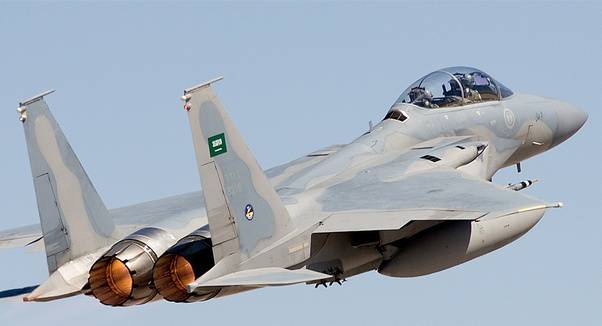The Saudi Arabian Army is notoriously ineffective in combat. Why is this, and what can the Saudis do to fix this?
The Saudi Arabian Army is notoriously ineffective in combat. Why is this, and what can the Saudis do to fix this? The Saudi Arabian Army has faced criticism for its performance in combat despite having access to some of the most advanced military equipment in the world. This perceived ineffectiveness can be attributed to several factors, which are deeply rooted in structural, cultural, and strategic issues. Here’s an overview:
Reasons for Ineffectiveness
Reliance on Foreign Personnel and Contractors:
The Saudi military heavily depends on foreign advisors, contractors, and trainers to maintain and operate its advanced equipment. This dependency undermines the development of a self-reliant and skilled domestic force.
Many of the technical and tactical capabilities are outsourced, limiting the military’s ability to operate autonomously.
Patronage and Nepotism:
Positions of power within the military are often allocated based on loyalty to the royal family rather than merit. This results in a leadership that may lack competence or the ability to inspire and lead troops effectively.
Corruption and favoritism can also undermine morale and discipline within the ranks.
Cultural and Social Factors:
A hierarchical culture that discourages initiative at lower levels means that junior officers and enlisted personnel are often reluctant to act without explicit orders, slowing decision-making in combat situations.
The societal preference for prestige over hardship leads to a shortage of motivated recruits willing to endure the rigors of military life.
Lack of Combat Experience:
The Saudi military has limited historical experience in large-scale, high-intensity combat operations. Its engagement in the Yemen conflict has exposed weaknesses in strategy, coordination, and execution.
Logistical Challenges:
Managing and maintaining the diverse arsenal of equipment acquired from various countries (e.g., the U.S., U.K., and France) creates logistical inefficiencies and interoperability challenges.
Supply chain issues, especially in prolonged conflicts, have hindered operational effectiveness.
Overreliance on Air Power:
Saudi Arabia has invested heavily in air power, but its ground forces are less developed and lack the same level of capability and confidence. This imbalance leaves the military ill-prepared for ground operations.


